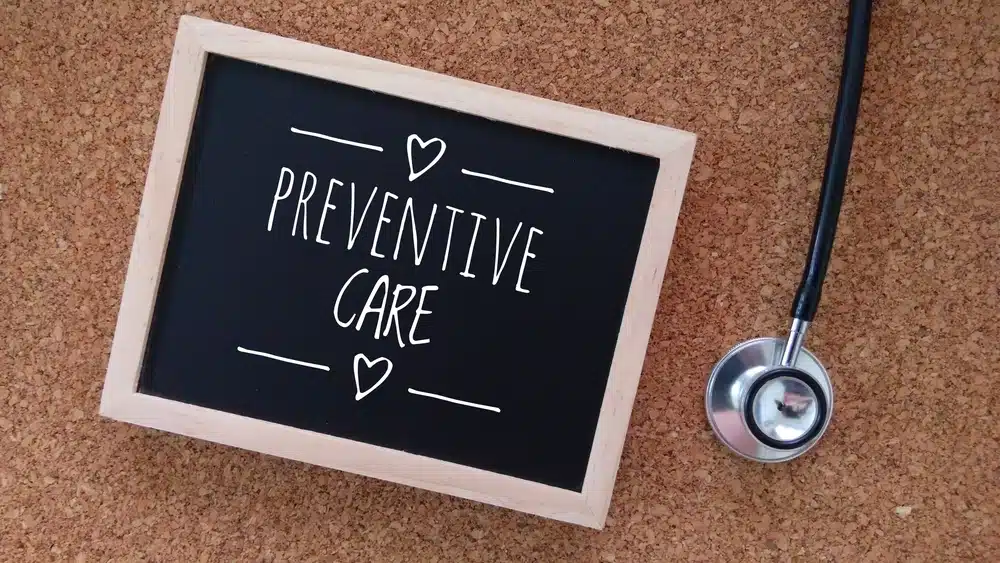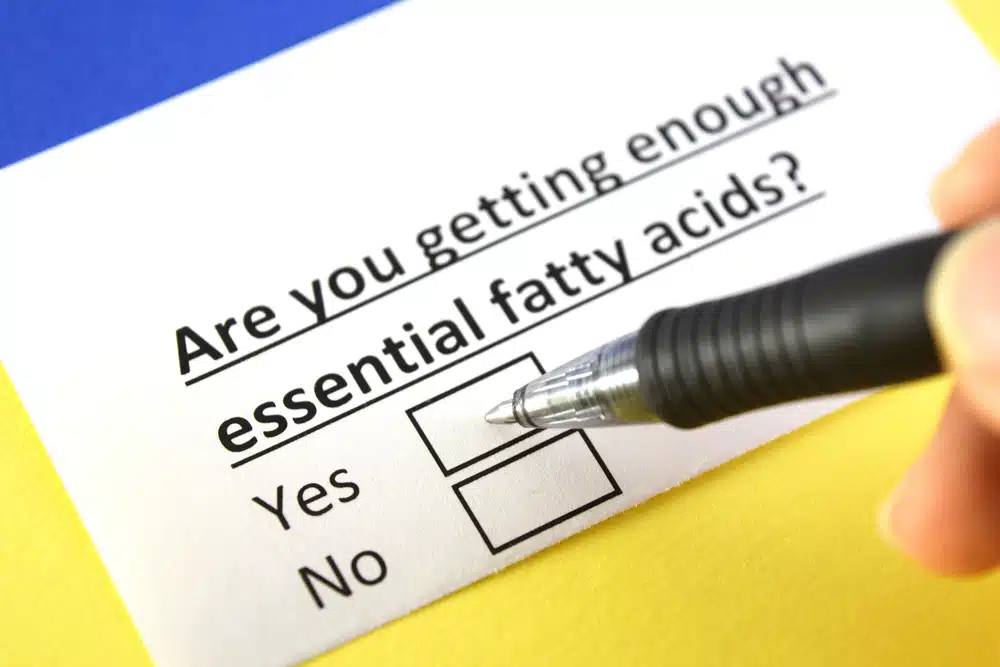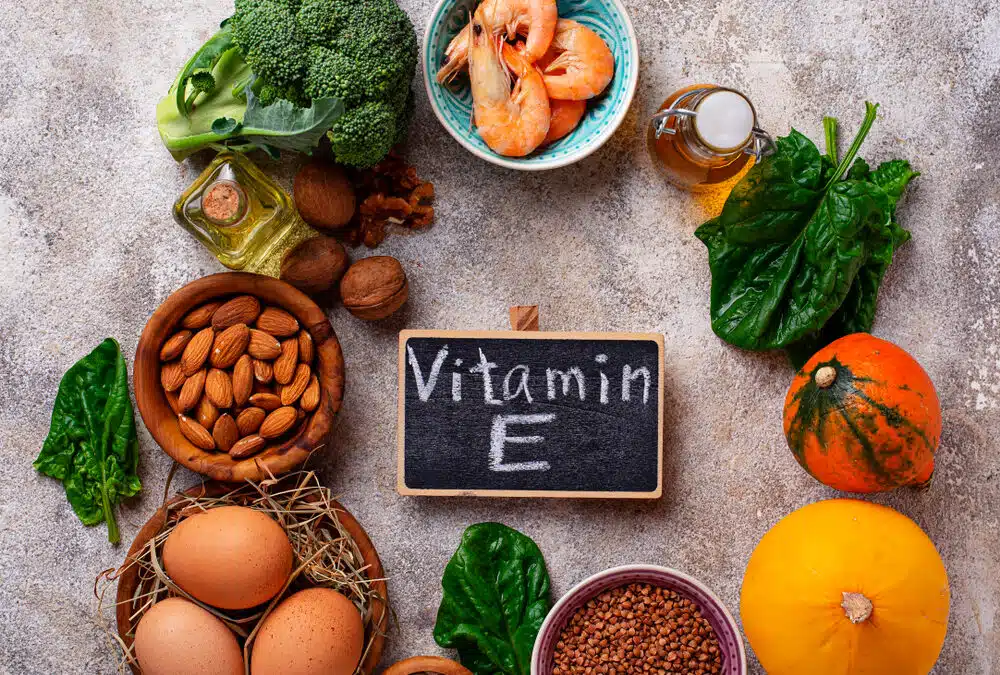
Unlocking the Secrets: Dental Ridge Preservation and Guided Tissue Regeneration
Understanding Dental Ridge Preservation: What is it?
Dental ridge preservation is a specialized dental procedure performed immediately after tooth extraction. Its primary objective is to maintain the natural shape and volume of the alveolar ridge—the bony ridge that houses the tooth socket—following extraction. By preserving the ridge’s integrity, this procedure lays the groundwork for future dental implant placement and ensures optimal aesthetic and functional outcomes.
The Consequences of Neglect
Failure to perform dental ridge preservation can lead to significant repercussions. Research indicates that individuals may lose up to 50 percent of their bone volume around an extraction site within just six weeks if preservation measures are not undertaken. This rapid bone resorption not only complicates subsequent dental implant procedures but also poses challenges in terms of aesthetics and overall oral health.
Guided Tissue Regeneration: A Protective Shield
A Closer Look at Guided Tissue Regeneration
Guided tissue regeneration (GTR) is a complementary procedure often performed alongside dental ridge preservation. It involves the strategic placement of barrier membranes to prevent soft tissue from infiltrating the healing site, thereby promoting the exclusive regeneration of bone and periodontal tissues. By creating a conducive environment for tissue growth, GTR enhances the success rate of dental implant procedures and minimizes the risk of complications.
The Role of Supplements in Healing Enhancement
While dental ridge preservation and guided tissue regeneration form the cornerstone of successful implant dentistry, their efficacy can be further augmented through supplementary measures. Several supplements have been shown to accelerate the healing process and optimize bone regeneration. Calcium and vitamin D, for instance, are renowned for their role in bone health and can be instrumental in promoting robust bone formation post-extraction.
Post-Operative Care: Nurturing the Healing Process
The Importance of Post-Op Instructions
The success of any dental procedure, including ridge preservation and guided tissue regeneration, hinges on diligent post-operative care. Patients must adhere to specific guidelines provided by their dental professionals to ensure optimal healing and minimize the risk of complications. These instructions typically include dietary restrictions, oral hygiene protocols, and the use of prescribed medications or supplements.
Long-Term Benefits: Investing in Oral Health
While the immediate benefits of dental ridge preservation and guided tissue regeneration are undeniable, their true impact extends far into the future. By safeguarding the integrity of the alveolar ridge and promoting tissue regeneration, these procedures pave the way for lasting oral health and enhanced quality of life. Investing in preventative measures today can yield invaluable dividends in terms of dental wellness and overall well-being tomorrow.
The Take-Away
In the realm of modern dentistry, the importance of dental ridge preservation and guided tissue regeneration cannot be overstated. These procedures serve as guardians of bone integrity, preserving the structural foundation necessary for successful dental implant placement. By embracing a proactive approach to oral health and leveraging supplementary measures to enhance healing, individuals can embark on a journey towards a brighter, healthier smile—one that stands the test of time.







